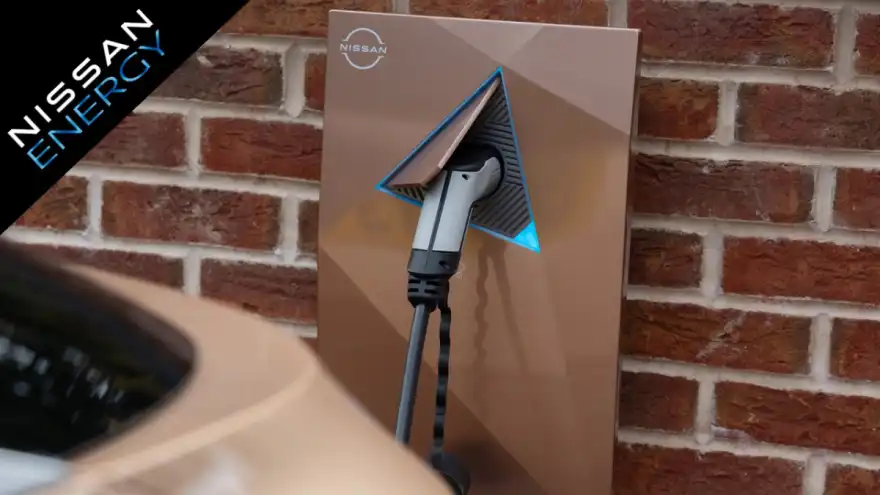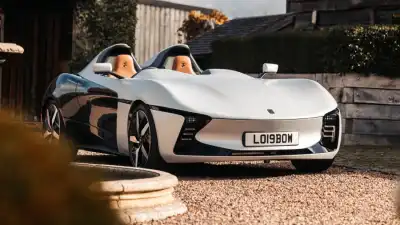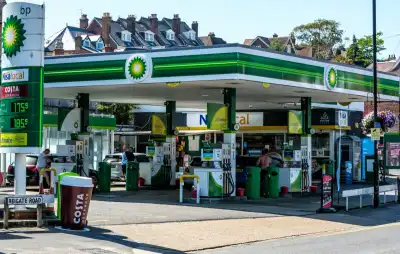
Nissan is set to roll out onboard bi-directional charging on select electric vehicles (EVs) starting in 2026, offering drivers the potential to cut their EV charging costs in half. This feature will debut in the next-generation Leaf, Qashqai, and Juke EVs, all of which will be produced at Nissan's updated Sunderland plant.
Thanks to Nissan's onboard bi-directional V2G (Vehicle-to-Grid) tech, EV owners could reduce their annual charging costs by 50%. On top of that, it could cut the average UK household’s CO2 emissions from charging by 30% per year, per vehicle.
Nissan is already well-versed in V2G, having launched around 40 pilot projects globally over the past decade. The company is now the first car manufacturer to earn G99 Grid code certification with an AC-based solution, which is necessary for supplying power to the UK’s national grid.
The AC bidirectional system will make this technology more affordable by integrating an onboard charger, allowing a lower cost of entry. Nissan says this new system will be priced similarly to current one-way chargers, making it more accessible for a wider range of customers. Plus, Nissan's V2G tech will give users complete control over their energy use through a dedicated app.
This launch is part of Nissan's broader goal to create a fully integrated energy ecosystem. Their vision includes manufacturing zero-emission EVs, charging them with clean energy, and enabling them to send power back to homes and the national grid.
Hugues Desmarchelier, Nissan’s VP of Global Electrification Ecosystem & EV Programs, explained that this game-changing tech will turn Nissan vehicles into mobile energy storage units, helping people save money while advancing the transition away from fossil fuels.
“Nissan is proud to democratise technology for the benefit of society. The breakthrough in an on-board solution for two-way charging will be a substantial reduction in the cost of integrating a future EV into your energy supply, and the ability to leverage the car as a source of income over its lifecycle,” said Desmarchelier.
Last year, Nissan committed to making all its new cars in Europe fully electric, with plans for a 100% electric passenger car lineup by 2030, despite recent challenges to the previous government’s 2030 target.



